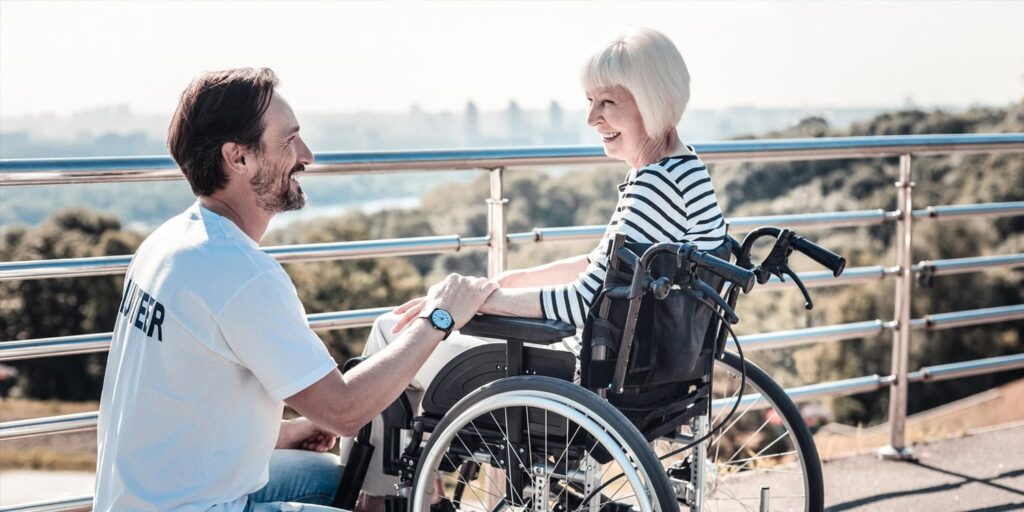Individuals who are perceived as kind and helpful are more likely to display physical attractiveness, according to research published in the British Journal of Social Psychology. This finding points to how actions elicited from kindness may influence perceptions of physical beauty in different contexts.
When people first meet someone, they first notice their physical appearance, and research suggests that personality traits may influence their ability to be perceived as attractive. Although friendliness and humor are important qualities to consider, specific traits may hold more importance.
Recent work by Natalia Kononov and Danit Ein-Gar focused on social behaviors, such as kindness, cooperation, and helpfulness, and explored whether these characteristics influence perceptions of physical beauty. They suggested that people may feel more attracted to social individuals because they feel more drawn to form relationships with those who exhibit kind behaviors.
According to Natalia Kononov, a Fulbright Postdoctoral Fellow at the University of Pennsylvania, using beauty as a metaphor for self-evaluation of inner beauty can carry negative connotations because it can affect one’s perception of physical beauty.
During the research, more than 4,000 individuals participated in ten studies where the team created several scenarios to determine whether prosocial behavior had a positive effect on others’ perception of physical attractiveness. The various studies featured participants either observing actual prosocial behaviors, reading about kind acts, or imagining scenarios where helpful behavior was perceived.
To ensure accuracy, the researchers analyzed several factors, including comparing attractiveness perceptions to well-observed behavior, examining whether consistent prosocial behavior affected attractiveness, and examining whether kindness affected perceived beauty more than other positive traits such as intelligence or humor.
Through the inclusion of descriptions of prosocial or neutral behaviors, participants were shown images of people and given a standardized score for their physical attractiveness. In some studies, participants simply viewed images of the target without interacting with them.
The researchers found a consistent relationship between prosocial actions and physical attractiveness. Individuals who behaved in a kind or helpful way were rated as more beautiful than those who did not. This finding held true for both male and female participants who evaluated targets of either gender. It has been suggested that prosociality may have a broad influence on physical attractiveness.
Kononov and colleagues found that the men and women who were rated and who were portrayed as attractive due to prosocial behavior were similar across genders.
The most pronounced effects were seen when kindness was incorporated into everyday behavior, wichtigichting indicates that people prefer consistent kindness over occasional good deeds. Separation seems to be weaker in the presence of social competence, while kindness and helpfulness seem to be more prominent in their effect on physical attractiveness ratings. As a result, kindness and helpfulness play a very different role in shaping people’s physical perceptions than positive traits.
Kononov suggested that prosocial traits, intelligence, and humor, were not expected to be affected by kindness and attractiveness, which may play a more important role in one’s attractiveness.
Moreover, the study showed that motivation for relationships also contributed to the effect; “more people feel more attractive when in relationships than when not in relationships, but the effect of kindness on beauty is felt to be less when a relationship is not possible”, indicating that “personally connected individuals are more attractive overall”; on the other hand, the occurrence of higher perceptions of kindness was not directly linked to romantic feelings, but was also influenced by the desire not to be alone with prosocial behavior from a distance.
The moderating effect of prosocial behavior on participants’ perceptions of physical imperfections was observed in individuals who identified as prosocial, resulting in less attention to minor imperfections as opposed to those who were not. This indicates that kindness can enhance attractiveness by increasing positive senses of self and decreasing attention to minor imperfections.
Physical beauty is not just about looks — people put so much work into things that take a lot of effort,” Kononov told PsyPost. “Just as the things we do, kindness and generosity make people more attractive, so do the things we don’t do.”


